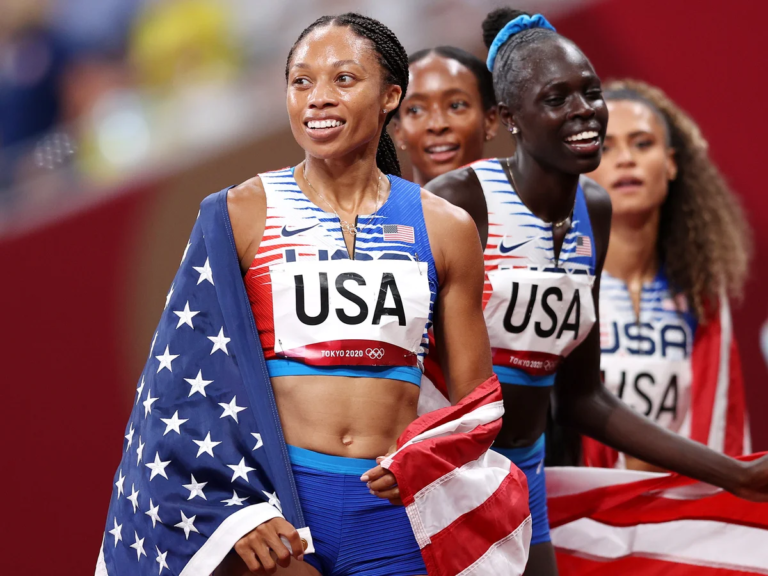
A total of 43 Korean-born adoptees who were sent overseas as children shared their challenging journeys in a recently published book titled “In Our Own Words.”
The collection, written in Korean, compiles essays from adoptees who were sent to foreign families just a few months or years after their birth. The book was published on Oct. 4.
It includes stories from 21 adoptees in Denmark, five in Norway, four in the Netherlands, three in the United States and two in Belgium. Four of these adoptees have reunited with their birth parents.
“With this collection, we hope that local Koreans will come to understand how and why the truth about adoptions is so essential to us, our significant others, our parents and our children. I hope this book will show Koreans why the truth is so important to us and move toward reconciliation together,” Han Boon-young, one of the co-authors and an adoptee from Denmark, told The Korea Times on Wednesday.
Han, a co-founder of the Danish Korean Rights Group, been actively calling for the Korean government to disclose the adoptees’ biological information.
When asked why they chose to publish the book in Korean rather than in English or their native languages, Han explained, “We wanted to find common ground with the Korean readership and foster mutual understanding of our diverse experiences.”
The essays highlight a range of challenges adoptees face, including identity struggles and difficulties in locating birth families due to a lack of cooperation from the Korean government.
The book’s publication comes amid growing scrutiny of Korea’s overseas adoption practices, which peaked between the 1960s and 1980s. During that time, approximately 200,000 children were sent to Western nations, earning Korea the controversial label of a “baby exporter.”
In recent years, many adoptees have claimed that their adoptions were tainted by falsified documents and corrupt practices, speculating that the government and adoption agencies were behind these misconducts.
Among the stories in “In Our Own Words,” Alice Andersen’s journey as an adoptee in Norway highlights the Korean authorities’ lack of support, Han said.
Andersen was able to locate her extended family in 2017, and the National Center for the Rights of the Child (NCRC) contacted her aunt in 2019. However, the case was stalled due to the aunt’s reluctance to cooperate.
Andersen, who suffers from multiple serious medical conditions that are documented by the NCRC, should qualify for a medical exception under the Special Adoption Law, allowing 카지노 her access to her biological information. But the Ministry of Health and Welfare and the NCRC said she does not qualify for the exemption.
“With no knowledge about her parents, she cannot get the necessary medical treatment. How can they look us in the eyes and ask us to be patient and trust them when their narrow interpretation of the law could result in the premature death of our friends?” Han asked.
The book’s release also coincides with the Truth and Reconciliation Commission’s (TRC) plans to announce its preliminary findings on overseas adoption irregularities. By the end of this year, the TRC is expected to share the results of its yearslong investigation into the first 100 cases filed by nearly 400 adoptees in 2022.
“We have adoptees who remember being kidnapped, remember being forced to forget who they really are, remember repeated abuse before and during the adoption placement, and yet, authorities choose to do nothing,” Han said. “It should never be too late to do the right thing. But from today, it will be too late for at least one adoptee.”



